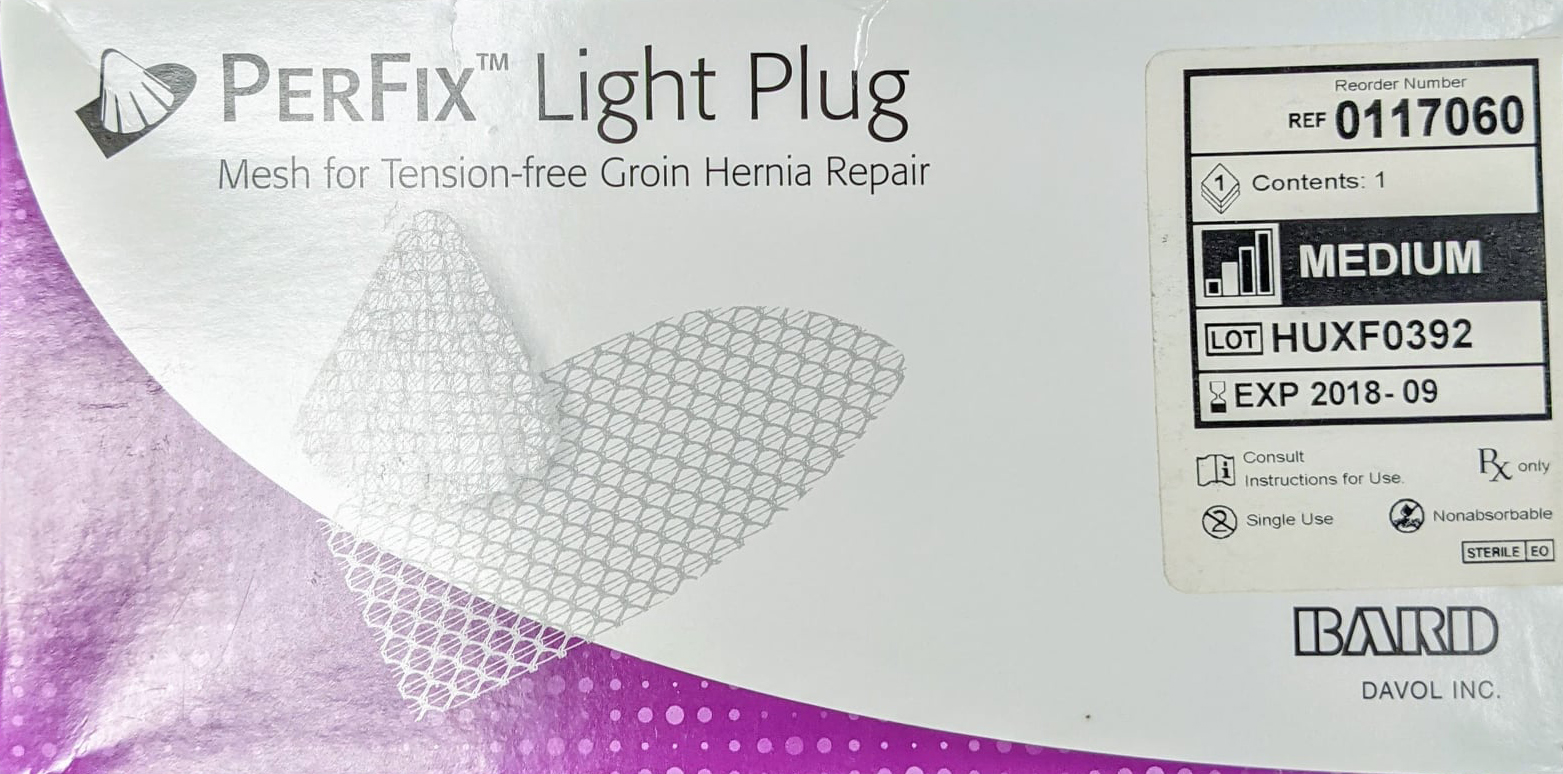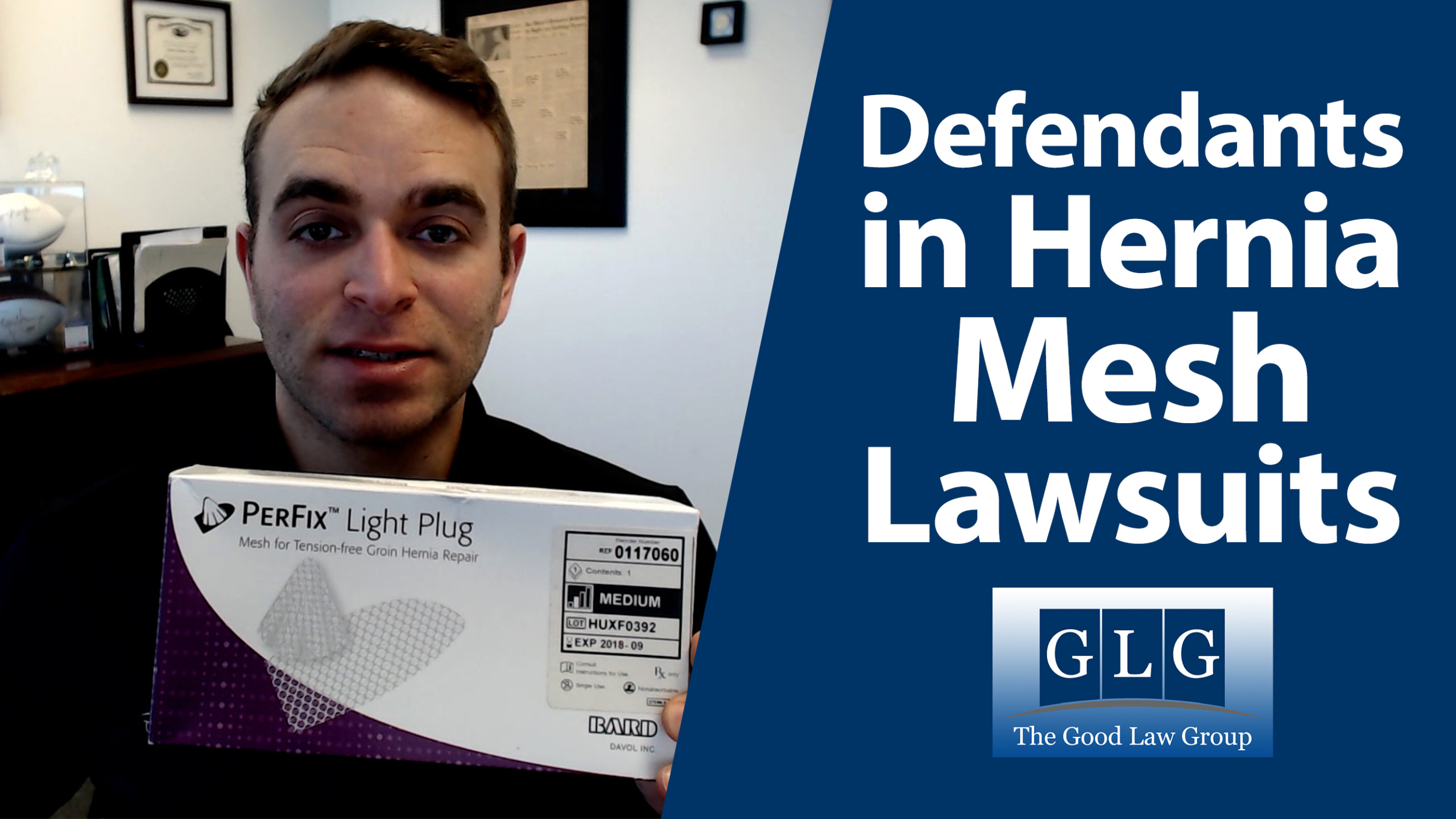These are the four types of hernia mesh lawsuits that you can file.
Learn more about how we can help with hernia mesh lawsuits
Here are the four grounds for a hernia mesh lawsuit:
- Design defect. This occurs when a specific aspect of a manufacturer’s product design heightens the risk of injury, but the flaw was not foreseen by the manufacturer. In many cases, the product was implanted correctly, but the design was still faulty. The most common type of hernia mesh lawsuit is one based on a polypropylene mesh, as these types of meshes often cause injury.
“Manufacturers of hernia mesh must disclose all risks associated with their product.”
- Manufacturer defect. In this case, the blueprints for the product were good, but the execution was faulty. The unfortunate result is often injury, consistent pain, the need for mesh removal, or some other type of surgery.
- Manufacturer’s failure to warn. Manufacturers of hernia mesh must disclose all risks associated with their product so that patients and doctors are as informed as possible. Manufacturers could be liable if they fail to warn doctors of non-obvious dangers or how to avoid those dangers.
- Medical malpractice. Here, the product itself may be completely up to par, but the doctor in charge of surgically implanting the product made a mistake. It could be that they failed to implant the right type of mesh or didn’t use the correct size. In a medical malpractice suit, we must first prove that the implanting surgeon had a duty of care, they breached this duty of care, and that breach caused an injury or complication.
I hope you found value in this message. If you or a loved one needs help with a hernia mesh case, please reach out to our office via phone or email. We’re here to help.









